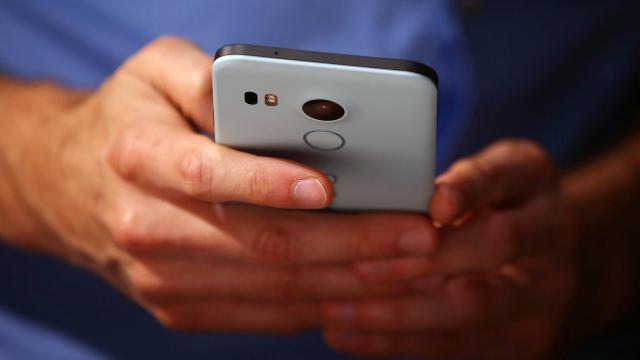Google just announced that, even in places where weed has been legalised, it won’t allow any apps to arrange the delivery of marijuana, marijuana products, or products with THC. Part of a rollout of new Google Play policies, the company will no longer allow apps that provide users with the ability to order cannabis products through a shopping cart feature within the app or arrange the delivery or pick up of them.
The specific language states that those types of activity are “some examples of common violations,” so it’s unclear exactly how hard Google will police apps that are weed-adjacent, even if they are technically not selling weed directly within the app or schedule delivery times.
A Google spokesperson told Gizmodo in an email that apps will have 30 days after launching to comply with the new policy, and it will only require the removal of the in-app shopping cart feature.
The motivation behind the policy change remains unclear, but Google has been explicit about trying to make the Google Play store more suitable for children, likely inspired by an FTC complaint filed in December urging an investigation into apps for kids in the Play Store.
The company rolled out a number of policy changes today that would aim “to provide additional protections for children and families,” according to Android developers blog post published on Wednesday, at the same time that it updated its policy around how weed is facilitated through its app store.
“These apps simply need to move the shopping cart flow outside of the app itself to be compliant with this new policy,” a Google spokesperson said. “We’ve been in contact with many of the developers and are working with them to answer any technical questions and help them implement the changes without customer disruption.”
The marijuana policy change might be overcompensation for this stated intention. While banning weed delivery apps (of which there are plenty) in regions where the substance is not yet legalised makes legal sense for the company, this policy also applies to places where it has been legalised.
Of course, Android users aren’t limited to using apps that have been deemed appropriate by Google, people can sideload any app they like. But for developers, placement in the company’s official store is still considered crucial.
